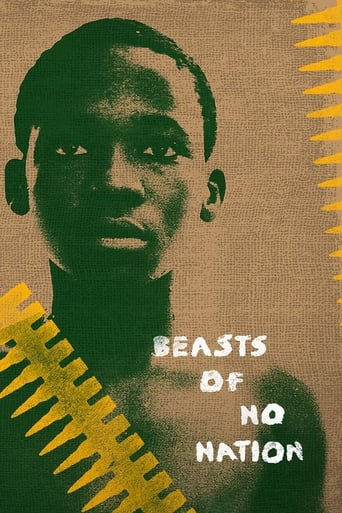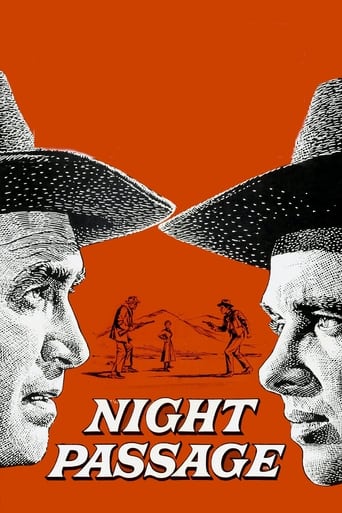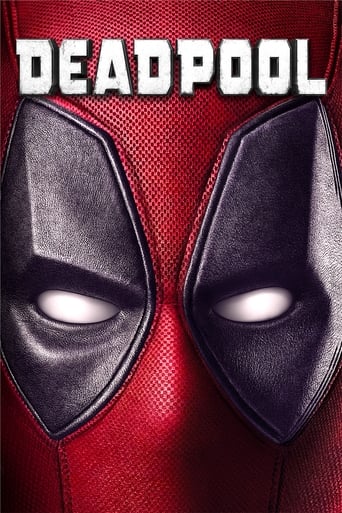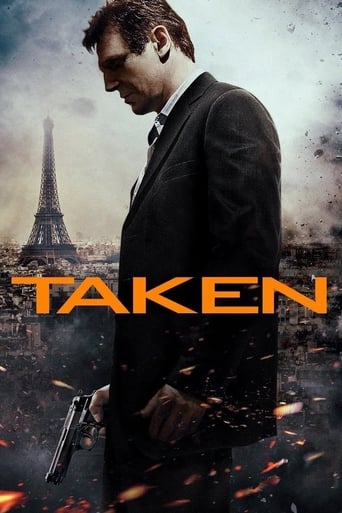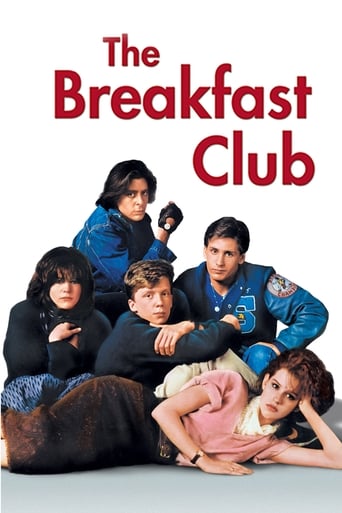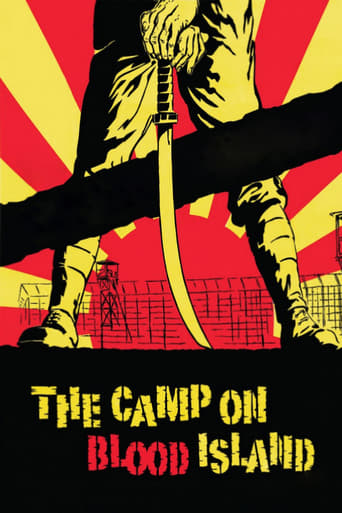


The Camp on Blood Island
Set in a Japanese prisoner of war camp during World War II, the film focuses on the brutality and horror that the allied prisoners were exposed to as the Japanese metered out subjugation and punishment to a disgraced and defeated enemy. This harrowing drama concentrates on the deviations of legal and moral definitions when two opposing cultures clash. Although fictional, this was one of the earliest films to deal realistically with life and death in a Japanese prisoner-of-war camp during the Second War.
-
- Cast:
- André Morell , Carl Möhner , Walter Fitzgerald , Edward Underdown , Phil Brown , Barbara Shelley , Michael Goodliffe


Similar titles

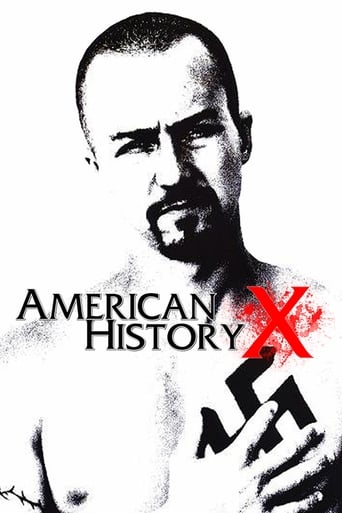
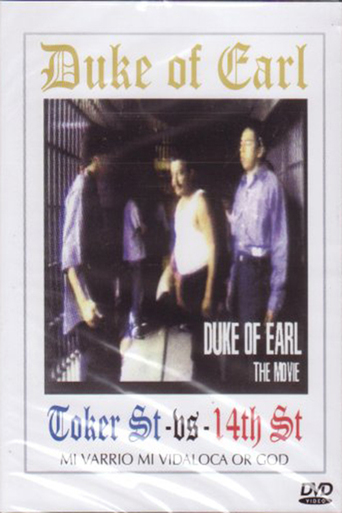
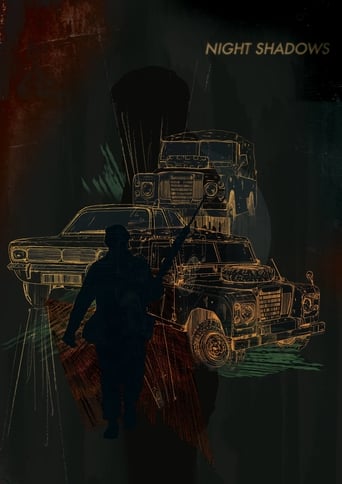
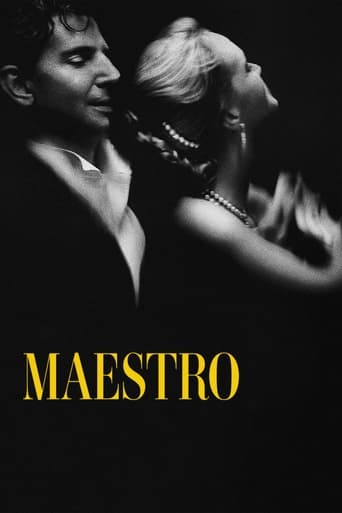
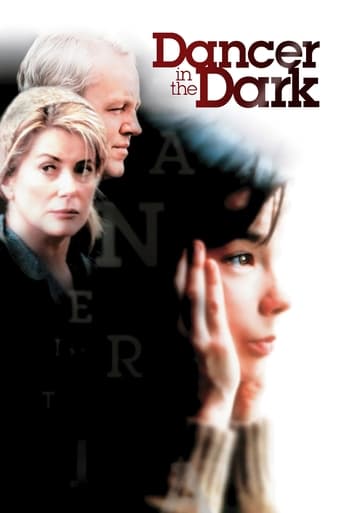
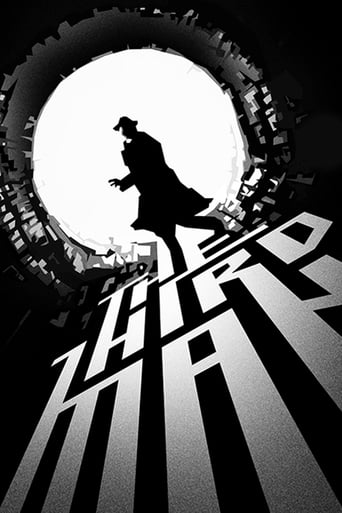
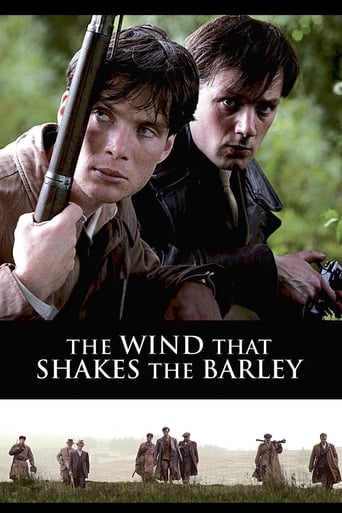
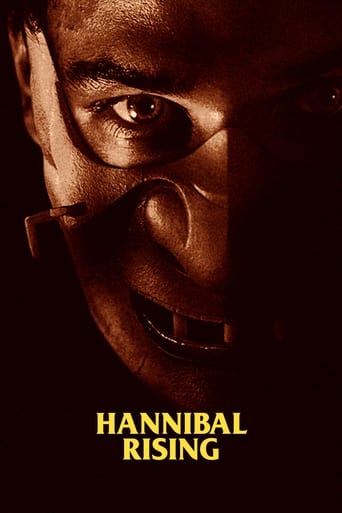
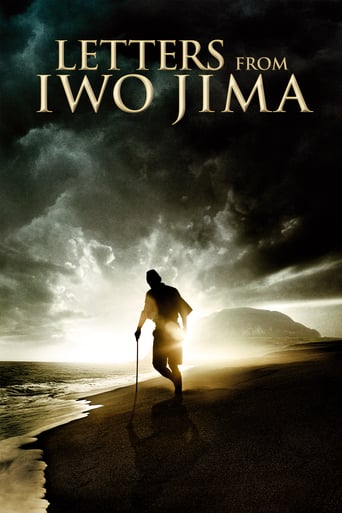
Reviews
I like the storyline of this show,it attract me so much
I love this movie so much
Great movie! If you want to be entertained and have a few good laughs, see this movie. The music is also very good,
The movie really just wants to entertain people.
One of only four Hammer war films, this is an extremely effective and often harrowing prisoner of war drama. It has a very strong script by John Manchip White and Val Guest while the latter's direction is excellent as he is able to maintain a very high level of tension for much of the film. The film takes place on a small island - which is being used as a prison camp by the occupying Japanese forces - off the coast of Malaya, as it then was, in August 1945. Brutal and unrelenting by the standards of the time, it does not pull any punches in its depiction of Japanese atrocities against their prisoners and, as such, it was criticised for being gratuitously violent when it was released. The film was allegedly based on a real incident. It is not on the same level as Hammer's later war film "Yesterday's Enemy", which was likewise directed by Guest, but it is nevertheless an excellent film.The film stars André Morell, the studio's best leading man after Christopher Lee and Peter Cushing, in an excellent performance as the senior officer Colonel Lambert. He is a strong disciplinarian who does not suffer fools gladly and refuses to allow standards to slip in spite of the fact that he and his men have been imprisoned for more than three years. While he is not the "father to his men" type of commanding officer, he is deeply concerned about the well- being of his fellow prisoners. The reason that Lambert is so keen to maintain discipline is that he believes that it gives the men a structure in their lives which helps them to survive and I think that he has a point there. Lambert is obstinate and authoritarian but these are character traits that serve him well under the circumstances and, ultimately, serve the other prisoners well. Having ordered a campaign of sabotage against the Japanese equipment, their captors' radios are not working. Consequently, they are unaware that the Japanese surrender was announced several days earlier, something which is helped by their isolation from the mainland. However, Lambert and Piet van Elst were able to hear a report on the surrender before they knocked out all of the radios. As the sadistic Commander Yamamitsu has pledged to execute every man, woman and child in the two prison camps on the island when Japan loses the war, Lambert is understandably desperate to keep the news from him.The film benefits from having Hammer's very best leading lady Barbara Shelley in the cast as Kate Keiller, the doctor in the women and children's camp who must deal with dreadful sanitary conditions and a cholera outbreak. She is a resourceful woman with a great deal of inner strength to draw upon but she has been pushed to the limit of her endurance after three years of captivity, as have many other male and female prisoners. After her recaptured husband Robert is killed in front of her, Kate tells a Japanese officer exactly what she thinks of him and the way in which the prisoners are treated, which makes for a great scene. Walter Fitzgerald is very good as the former British Commissioner Cyril Beattie, who naively believes that Yamamitsu can be reasoned with if the situation is explained to him. It is only after the death of his beloved wife Helen that he realises his mistake.One thing that is very distracting about the film is that, extras aside, none of the Japanese characters are played by actors who look even remotely Japanese. Hammer veteran Marne Maitland, who was born in India, is the least convincing as the camp's second-in-command Captain Sakamura and the only other Japanese character to receive a name. He puts on a silly voice that is very distracting and very disappointing since he is excellent in many of his other films. Ronald Radd does not have any dialogue in English but he is suitably intimidating as Yamamitsu. However, Hammer's most prolific actor Michael Ripper has a bizarre cameo as a jovial Japanese driver who is delighted that the war is over. He is the closest thing that the film has to a sympathetic Japanese character. The film features nice performances from some of the studio's other stalwarts such as Michael Goodliffe, Michael Gwynn, Wolfe Morris, Edwin Richfield and Richard Wordsworth as well as Phil Brown as the US Navy pilot Lt. Commander Peter Bellamy who almost reveals that the war is over.Overall, this is an extremely enjoyable film which pushed the boundaries of what was acceptable in British cinema in the late 1950s with its depiction of violence.
I saw this movie when I was fairly young and the scenes never left my memory. I could not get over the way the actors looked as if they had just been rescued from real Japanese POW camps. How could they get actors so skinny to play the parts? I thought they were real prisoners.Although shot in black and white the realism is terrifying and not for the faint hearted.It was so intense it's no wonder the politically correct brigade buried it but it was a true story and true to life in it's portrayal.I doubt it could be remade as good but it would be good if they could. One of the most moving movies I have ever seen. Can anyone get me a copy?
While not as good as the one poster comments, it is by no means as bad as the other reviewer says. Yes, there is some shoddy make-up of the Japanese guards, but if you can ignore that you will find the story itself is good enough to carry the film. A group of Allied p.o.w.s are in a camp controlled by a less than friendly commander. He shoots prisoners for sport and works the rest to death in a local mine. He has also let it be known that if Japan loses the war he will kill all the prisoners. The p.o.w.s find out the war has ended and stage a revolt with homemade weapons and some grenades they had hidden at the bottom of a latrine. Not a world winner but an OK time-waster.G.G.
Having waited years to see this film I was astounded just how bad it is, a Hammer production that has pure cockneys playing Japanese guards!, the acting verges on the utterly bad to utterly impossible!,take for instance long time Hammer fave Michael Ripper who as a Japanese guard bursts out laughing every time he is in a scene, the head guard who is clearly of Indian origin is another badly cast member, the commander of the camp is also another British actor hamming it up, I thought they had wandered off set from an Alladin pantomime!, the premise for all the controversy that it was brutal beyond belief had me scratching my head, i've seen worse in a Tom & Jerry cartoon.

